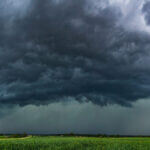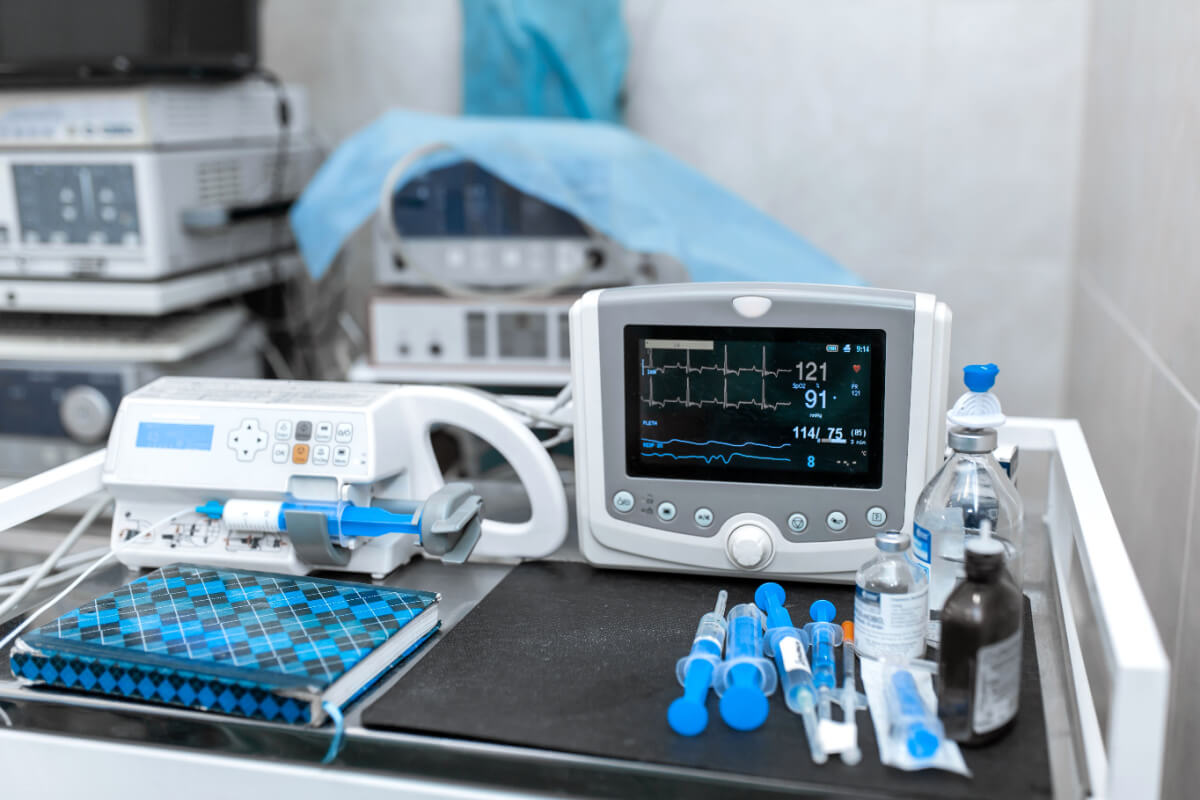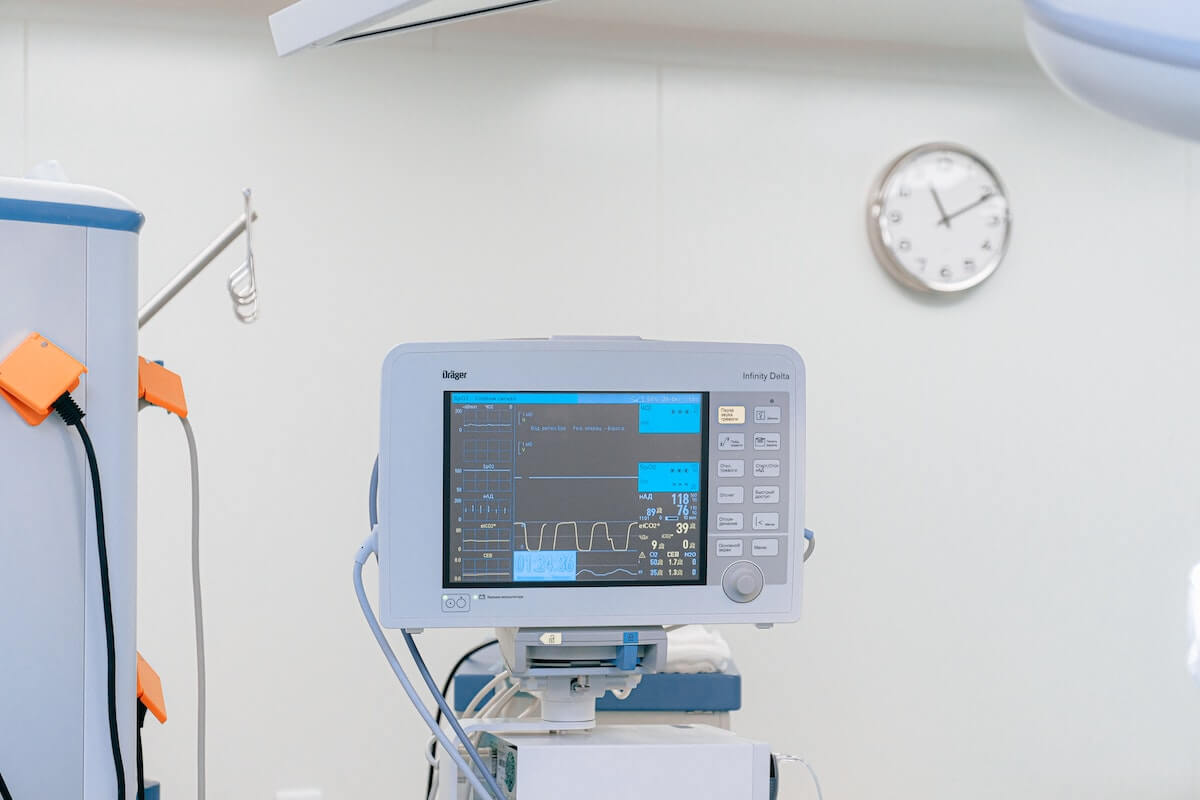
Nitrosamines, which have been linked to cancer, have been found in Zantac, Januvia, and generic valsartan. Furthermore, the Food and Drug Administration announced that traces of a potential carcinogen were discovered in samples of a popular diabetes drug manufactured by Merck, marking the latest instance in which impurities were discovered in top-selling pharmaceutical products.
Because of the presence of the possible carcinogen, drugmakers have issued recall after recall. What is the risk, what is the chemistry behind it, and how will drugmakers stop the contamination?
What are Nitrosamines?
The FDA’s top priority is patient safety. The US Food and Drug Administration is looking into several potentially cancer-causing substances known as nitrosamines that have recently been discovered in some drugs, including those used to treat high blood pressure, heartburn, acid reflux, and diabetes. Certain manufacturers’ drugs, including angiotensin II receptor blockers (ARBs), metformin, nizatidine, and ranitidine, have been recalled due to nitrosamine impurities.
The FDA has asked manufacturers to withdraw all ranitidine (Zantac) products from the US market. The FDA is aware of the issue.
The FDA recently announced that its testing revealed nitrosamine N-Nitrosodimethylamine levels (NDMA). Nitrosamines are produced by chemical reactions and can accumulate in drugs during manufacturing. N-Nitrosodimethylamine (NDMA), N-Nitrosodiethylamine (NDEA), and N-Nitroso-N-methyl-4-aminobutyric acid are the scientific names for these chemicals (NMBA).
The Effects of Nitrosamines and What to Do
Some nitrosamines could increase people’s risk of cancer if they are exposed to them at levels higher than acceptable for long periods of time. People who take NDMA-containing drugs at or below the acceptable intake limits on a daily basis for seven decades will not likely face increased cancer risks.
Nonprescription nizatidine users should consider using other over-the-counter (OTC) medications to treat their condition.
The FDA has requested that all remaining prescription and over-the-counter ranitidine, known colloquially as Zantac, be withdrawn from the US market. This means that ranitidine will no longer be available in the United States for new or existing prescriptions or for over-the-counter use. Consumers should discontinue any OTC ranitidine they are currently taking. Patients who are currently taking prescription ranitidine should speak with their doctor about alternatives before discontinuing the medication. Several drugs have been approved for the same or similar purposes as ranitidine. Consumers should properly dispose of any ranitidine products and avoid purchasing more.
Drug Recalls Due to New Contaminants

In recent years, private, pharmaceutical, and regulatory agency labs all over the world have discovered NDMA and other N-nitrosamine contaminants in a variety of drugs. Novartis made the first discovery of a drug containing the active pharmaceutical ingredient valsartan in 2018. Valsartan is an angiotensin II receptor blocker (ARB) that is used to treat hypertension. Since then, NDMA and similar compounds have been discovered in at least six drugs used by tens of millions of people each year.
Millions of people with Type 2 diabetes rely on sitagliptin to control their blood sugar levels. Merck sells the drug under the brand names Januvia and Janumet. Despite the presence of impurities in some batches, the FDA will allow Merck to continue selling the drug for the time being, claiming that the risks are outweighed by patients’ immediate medical needs. Merck, which discovered the contamination and reported it to regulators, said it was working to resolve the issue and would collaborate with health authorities worldwide.
Because these N-nitrosamine contaminants are possible carcinogens, regulatory agencies have deemed the drugs unsafe for human consumption and have recalled them from store shelves. Valsartan was recalled in July 2018, followed by irbesartan in October and losartan in November, two other ARBs were found to contain NDMA and the related compound N-nitrosodiethylamine (NDEA).
The FDA notified the public in September 2019 of the presence of NDMA in certain lots of ranitidine, sold over the counter as Zantac, and manufacturers removed it from the market within a few months. Another heartburn medication, nizatidine, was recalled by Mylan in January 2020. Most recently, the FDA recommended that manufacturers recall all lots and types of ranitidine.
Nitrosamines Exposure
Everyone is exposed to NDMA because it is commonly found in food and beverages such as beer, dairy products, and smoked or grilled meats. According to WHO, a typical nonsmoking adult is estimated to consume between 350 and 1,120 ng of NDMA per day from outside sources, which is between 3.6 and 11.6 times higher than the FDA’s acceptable daily intake of 96 ng/day.
Furthermore, NDMA is produced endogenously in the human stomach in amounts ranging from approximately 22,900 ng/day (Fristachi and Rice 2007) to up to 1.26 million ng/day, which is 238 to 13,125 times the FDA-acceptable daily intake of 96 ng/day.
Why is Nitrosamine Bad?
Nitrosamines are common chemicals in our environment. While small amounts of nitrosamines are unlikely to be harmful, long-term exposure to high levels of certain nitrosamines has been linked to an increased risk of cancer.
Despite their prevalence in our daily lives, nitrosamines can be harmful to our health. There are numerous nitrosamine compounds. Some of them, such as N-nitrosodimethylamine (NDMA), are known carcinogens. NDMA has been linked to a variety of cancers, including gastrointestinal, lung, kidney, and liver tumors.
Low levels of nitrosamines, such as those found in many foods and drinking water, are unlikely to be harmful and will not increase the risk of cancer. However, prolonged exposure to higher levels of nitrosamines may increase one’s risk of developing certain types of cancer.
Nitrosamine Lawsuits
Lawsuits are being filed after the FDA discovered elevated levels of nitrosamine in ranitidine (Zantac). NTTP is a nitrosamine, which includes the known carcinogen N-nitrosodimethylamine (NDMA), which has been found in Zantac, valsartan, and other medications in recent years. Hundreds of former users of these recalled drugs have been diagnosed with cancer, prompting Zantac and valsartan lawsuits against the drug manufacturers for distributing contaminated medications.
While the ramifications of consuming drugs with high levels of nitrosamine are alarming, it’s essential to be aware of other health risks that individuals might face in their daily lives. For instance, workplace injuries are a significant concern, with some of the top work injuries leading to prolonged medical treatments.
In such cases, seeking the best physical therapist can aid in a faster recovery. Accidents, such as those involving trucks, can result in severe injuries, including broken bones. It’s crucial to be informed about truck accidents and the legal implications surrounding them. Moreover, seeking legal advice can be beneficial in navigating the complexities of such situations.
If you have ingested any drug containing a high amount of nitrosamine, you may be eligible to join one of the many lawsuits that are being filed or that have already been filed. Speak to a lawyer today or call 504-200-0000 to discuss your possible case.
Categories
- Bicycle Accidents
- Car Accident
- Case results
- Class Action
- Community Aid
- COVID-19
- Fun
- General
- Hard Rock Lawsuits
- Holiday
- Insurance Claims
- Legal Advice
- Mardi Gras Accident Attorney
- Mass Tort
- Medical
- Motorcycle Accident
- Personal Injury
- Practices
- Premise Liability
- Recent News
- Safety
- Truck Accidents
- Uncategorized
- Weather
- Work-Related Accident

In 2003, after being dissatisfied with the quality of legal care for victims of car accidents, Roderick ‘Rico’ Alvendia sought to establish a new firm focused on providing high-quality legal services to aid injured victims and their families. J. Bart Kelly, sharing Rico’s passion for upholding justice, joined the firm later that year, and established a partnership.






